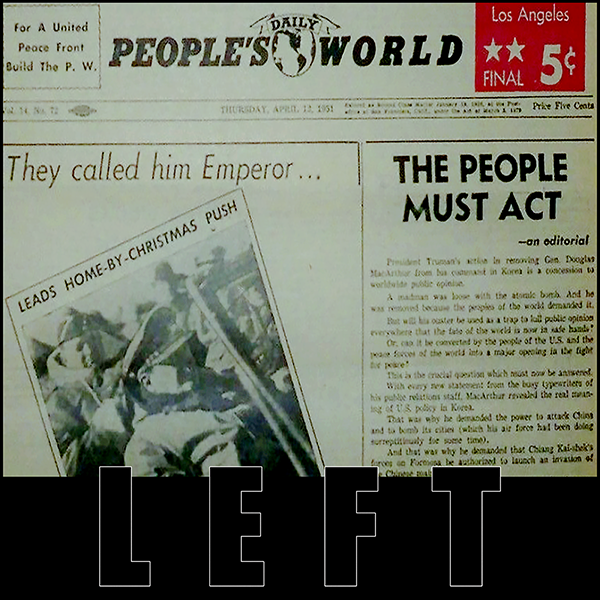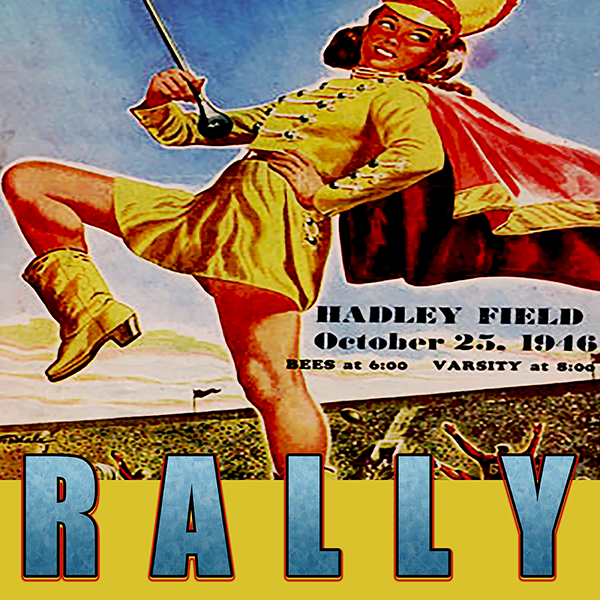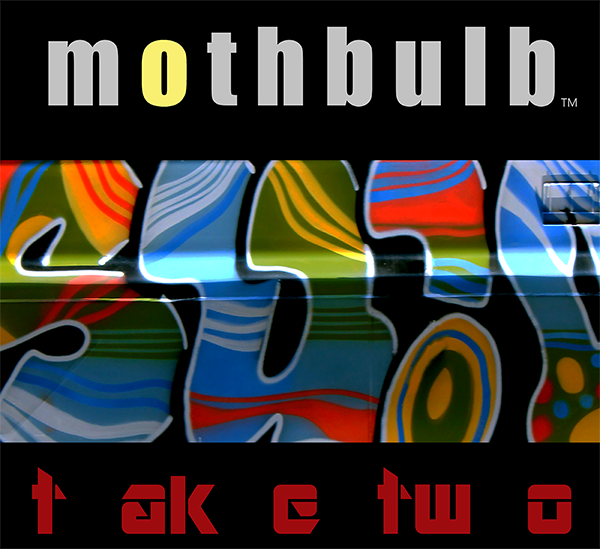Richard Nixon developed a mastery of poker,
with several thousand dollars in winnings,
while serving as a supply officer on a small
Pacific island during the course of World War II.
The money he won went to funding the early
days of his 1946 bid for Congress.
With Japan's surrender in August, 1945 American's
expected a quick return of their loved ones to
home, family and a civilian life. Millions of former
GIs, (Government Issue), flooded the streets
looking for jobs. They got married, they had kids
and they had money saved up to buy into the
good life. But factories needed to retool from
making tanks and planes to cars and washing
machines. By 1946 inflation was 20% as people
bid up the price of popular home goods.
Outrageous! America's greatest generation was
being offered only table scraps by that
nincompoop in the White House - Harry Truman.
So what brought on the Depression? Tariffs,
unrealistic Stock Market investments, oversupply.
Oversupply. We were brilliant at manufacturing
what people wanted but we didn't have the
middle class needed to buy all these goods.
Labor was exploited. Workers provided services
to employers at a fraction of their actual value.
Wage earners would have to unite if they had
any hope of standing up to the corporations.
Unions prospered under Roosevelt but endless
strikes following the war further disrupted an
already fragile economy. People took note.
Maybe unions now held too much power.
Jerry Voorhis was the golden boy of Southern California.
Here was a New Deal Democrat bringing home the
bacon five elections in a row from the swing
12th District located just outside LA. Labor loved
him. His Democrat colleagues in the House
voted Voorhis the hardest working man in
Congress. So when Richard Nixon arrives and
announces his candidacy for the Voorhis seat
even Republican pols think - Lots of Luck.
Nixon burns the candle at both ends. He puts in
20 hour days, 6 days a week - writing pamphlets,
doing research, making speeches before service
organizations. His wife, Pat, administers the
campaign - updating schedules, running the office
and critiquing her husband, the candidate, until
4 days before the birth of their first child, Tricia.
Nixon was relentless in his drive to win.
Murray Chotiner made Earl Warren Supreme Court
Chief Justice by engineering Warren's gubernatorial
victory in California. Certainly Eisenhower took
notice of this. Chotiner picks winners and that's
what he saw in Nixon. The man's got intellect
and the discipline to carry through to achieve
what it is he's trying to do. Also, he shared
Nixon's fierce passion to win. Winning means
more than some Man of the Year trophy.
Victory is power. You are now in position to
make a difference, to change the course of
society in some positive way.
You matter.
Only a hopeless idealist would hold onto the
dream of a post-war kumbaya between the
Soviets and Washington. So why is it difficult
to believe in a mankind, being of singular
purpose, living in harmony? If this is you -
you are probably some harmless eccentric.
Like maybe a college professor. There are
others who will say you are part of some
sinister conspiracy to overthrow our way of
life and replace it with Stalin's vision of
Worker's Paradise.
Crowds. Hoopla. Big Whoop.
That's not Richard Nixon.
He's too shy to look you in the face.
He's a bookworm, a nerd. Studious.
But he has his Dad's argumentative nature.
Richard nurtured and shaped this skill
through debate competition that lasted
through college. He was good, comfortable
at arguing either side of the issue.
Poor Jerry Voorhis. Always playing catchup.
He didn't know what hit him.
This first election victory was the happiest
for Pat and Dick, Congressman Nixon.
There were other victories along the way
to the White House but nothing compared
to the glow they now shared.
Such were the possibilities.
God bless.
love
dad






































